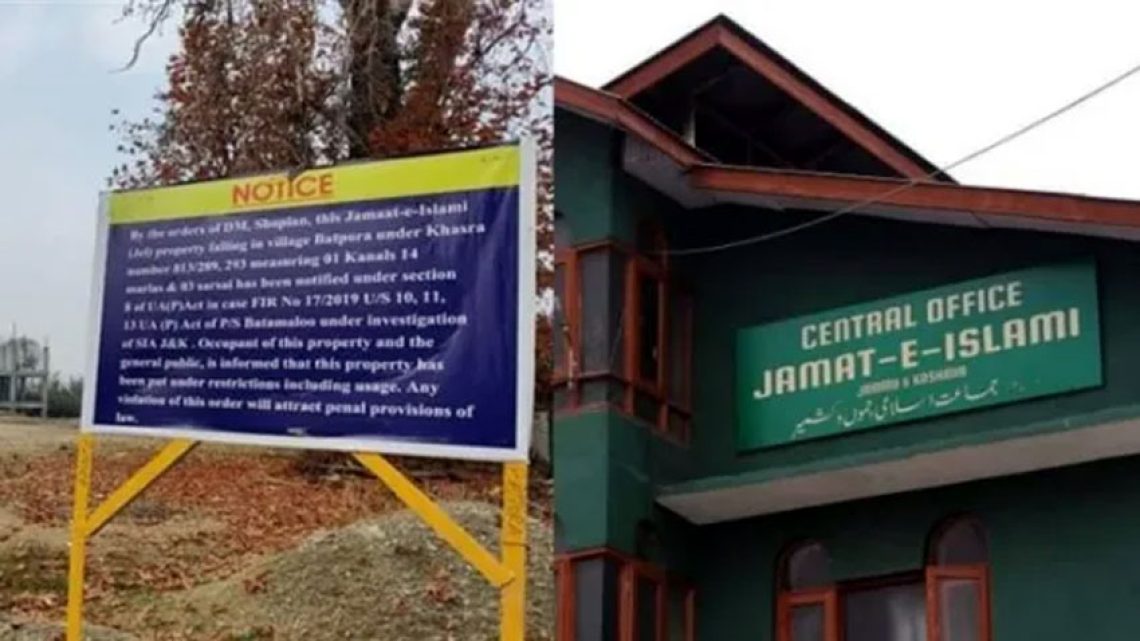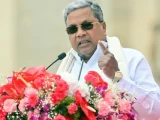
Modi Government directs IIOJK admin to seize assets of TeH, JKML
January 12, 2024The Modi-led Indian government’s persistent efforts to curb dissent in the Indian illegally occupied Jammu and Kashmir (IIOJK) have once again come under scrutiny as it intensifies its crackdown on groups associated with the region’s ongoing freedom movement. The latest move involves the seizure of assets, freezing of bank accounts, and financial restrictions imposed on Tehreek-e-Hurriyat and the Jammu and Kashmir Muslim League, led by Masarat Alam Butt.
According to reports, the Indian Home Ministry issued two identical notifications, instructing the IIOJK administration to take decisive action against the targeted organizations. The ministry stated that the Jammu and Kashmir Muslim League (Masarat Alam faction) was officially declared an unlawful outfit on December 27, 2023, under the Unlawful Activities (Prevention) Act, 1967. Similarly, Tehreek-e-Hurriyat faced a ban on December 31, 2023, under the same legislation.
This move is seen as part of the Indian government’s broader strategy to suppress voices aligned with the freedom movement in the disputed territory. Critics argue that these actions not only violate human rights but also exacerbate the already tense situation in the region. The use of legislation like the Unlawful Activities (Prevention) Act to stifle dissent raises concerns about the erosion of democratic values and civil liberties in the region.
The targeting of Masarat Alam Butt’s faction of the Jammu and Kashmir Muslim League and Tehreek-e-Hurriyat is significant. Both organizations have been actively involved in advocating for the rights of the Kashmiri people and their right to self-determination. The government’s move to label them as “unlawful” entities and strip them of their assets is perceived as an attempt to cripple the support base for the freedom movement.
While the Modi government contends that these organizations pose a threat to national security, critics argue that such measures only serve to fuel discontent and alienate the local population. The international community has been closely monitoring the situation in IIOJK, and condemnations of human rights violations continue to pour in. The use of stringent laws to suppress dissent further complicates the diplomatic landscape surrounding the Kashmir dispute.
The Modi government’s actions in IIOJK have sparked debates on the balance between national security concerns and the fundamental right to free expression. Advocates for the Kashmiri cause argue that genuine dialogue and addressing the underlying issues are essential for lasting peace in the region. They emphasize the importance of recognizing the aspirations of the Kashmiri people and engaging in a constructive dialogue to address the longstanding grievances.
To conclude, the Modi government’s crackdown on Tehreek-e-Hurriyat and the Jammu and Kashmir Muslim League has intensified concerns about the erosion of democratic values and human rights in the disputed region. The international community continues to watch closely, urging a peaceful resolution to the Kashmir conflict that respects the rights and aspirations of the local population.

